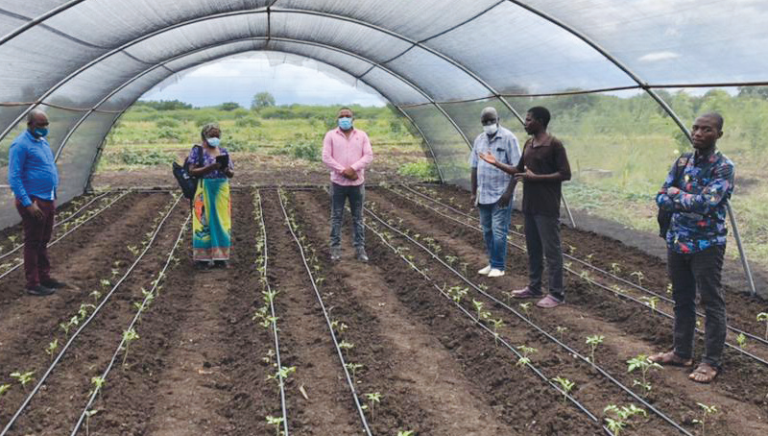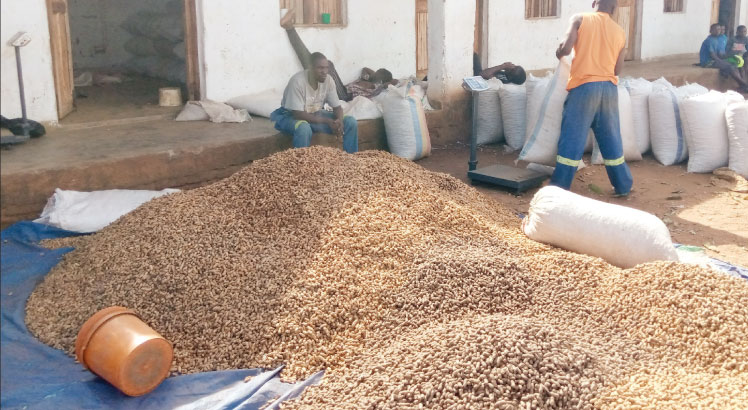AfDB, experts for more agri-tech investments
The African Development Bank (AfDB) has called for increased investments in agricultural technologies to boost food output and ensure food security.
In its policy brief, the bank’s vice-president for agriculture, human and social development Beth Dunford said African nations, including Malawi, have potential to feed themselves, but it is threatened by erratic weather.

He said the outcome is also stunted because a majority of African food growers are subsistence farmers.
Dunford said: “Governments must commit to policy and regulation that facilitates access to modern technologies; including crowding in private-sector investments and access to finance.
“Private sector investment and business expertise will grow food supply chain commercial viability, as well as inclusion of more small and medium enterprises and smallholder farmers to scale up delivery of modern and climate-smart farming practices.”
On the need to create an enabling environment for enhancing agricultural production, Dunford called for building critical backbone infrastructure to link production areas to markets and processing at national and regional levels.
Lilongwe University of Agriculture and Natural Resources agriculture economist Horace Phiri said in an interview on Wednesday that there is need to promote technologies that will not only conserve land and other resource but also lead to adaptation and mitigation of climate change.
He explained that AfDB sentiments are in line with the need in Malawi and what government and other stakeholders are doing in the agricultural sector.
Phiri said: “Much of policy attention has been directed at eradicating the hunger at household level through Affordable Inputs Programme and other instruments that seek to ensure that the country has enough maize to feed its population.
“The only gap at that level has been the sluggish growth in irrigation, food production is predominantly under rain-fed making the country susceptible to weather shocks.”
He said when hunger strikes, interventions such as social cash transfers and food distribution are implemented but the sorts of investments do not build productive capacity of the affected households and often they are trapped in chronic food shortages.
“Introducing tailor-made technologies for these vulnerable groups would help reduce vulnerability and considering that weather is the main culprit, appropriate climate smart technologies are essential,” Phiri said.
Agricultural expert Leonard Chimwaza, who is project officer at African Institute for Corporate Citizenship, said adopting new and improved technologies is vital as it leads to higher earnings and a reduction in rural poverty among farm households, improved nutritional status, lower staple food prices and increases employment opportunities.
He cited inadequate investment in the post-harvest management and infrastructure as a challenge because on average, poor management of food crops after harvest account for 40 percent loss in Malawi.
Chimwaza said: “Even if Malawi can boast of surplus harvest but with inadequate technologies in post-harvest management, the already available food can be lost hence leading to hunger in most parts of the country.
“Secondly, relying on one food crop [maize] is also a pathway towards hunger. If the food basket is full of maize only, it means the maize reserves can be depleted as soon as possible as such there is need for crop diversification.”
He called for the establishment of productive social safety nets, saying there is need for practical humanitarian assistance in the short-run and viable exit strategies in the long-run through credit, extension and technology.





